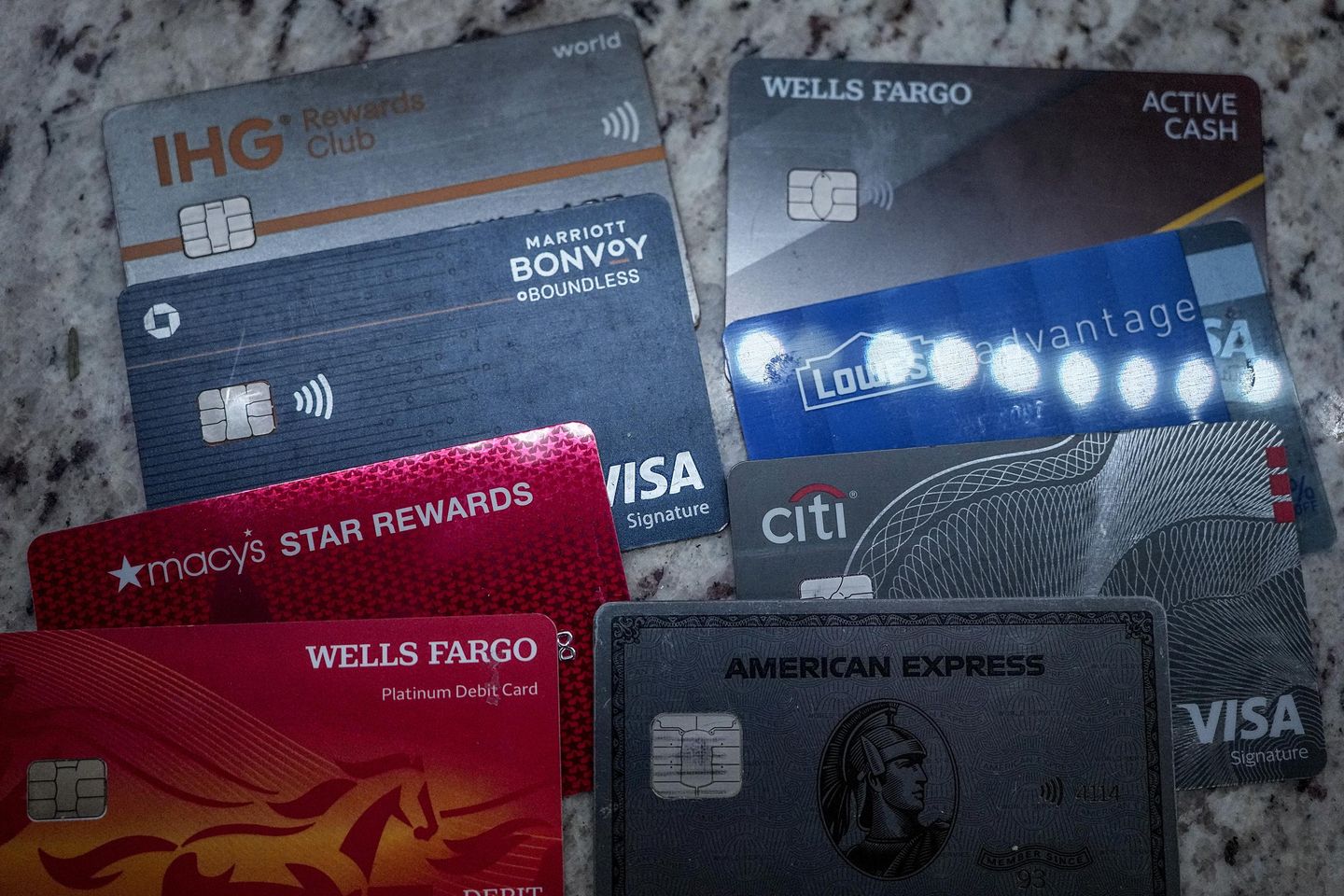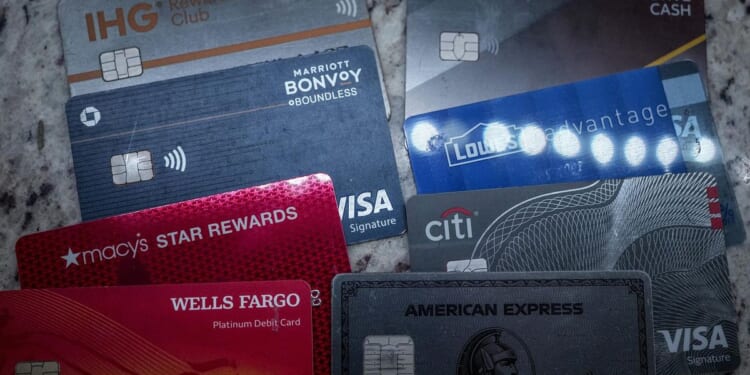
In a significant financial shift, U.S. credit card users experienced a 50% hike in fees and other expenses last year, signaling a deepening concern over the cost-of-living crisis as the nation approaches the November elections.
During 2023, holders of U.S. credit cards paid approximately $157 billion in interest and fees, a $51 billion leap from 2020, as reported by banks to the Federal Deposit Insurance Corp. The increase was first reported by the Financial Times.
Data from Moody’s Analytics also reveals that credit card defaults have spiked to a 13-year peak. Consumers grappling with inflation accrued a staggering $1.13 trillion in credit card debt by the last quarter of 2023.
“The level of debt has been rising a lot, and credit card loans carry the highest rates of most consumer debt,” Robert Sockin, a global economist at Citi, told The Times. “It really is a sign that lower-income families in the U.S. are facing additional financial strain.”
The trend of escalating debt is taking place against a backdrop of banks enjoying record profits from credit card loans, in part due to the Federal Reserve elevating interest rates to their highest in nearly a quarter-century. The Federal Reserve opted not to change the rate on Wednesday.
A poll earlier in the month showed that 28% of Americans identified credit card debt as a major financial pressure point, with 80% pinpointing inflation as their principal concern. Since January 2021, when President Biden commenced his term, inflation has cumulatively hit 18.5%.
Recent surveys indicate that 50% of Americans feel they were in a stronger financial position before Mr. Biden’s presidency under former President Donald Trump.
• Staff can be reached at 202-636-3000.












